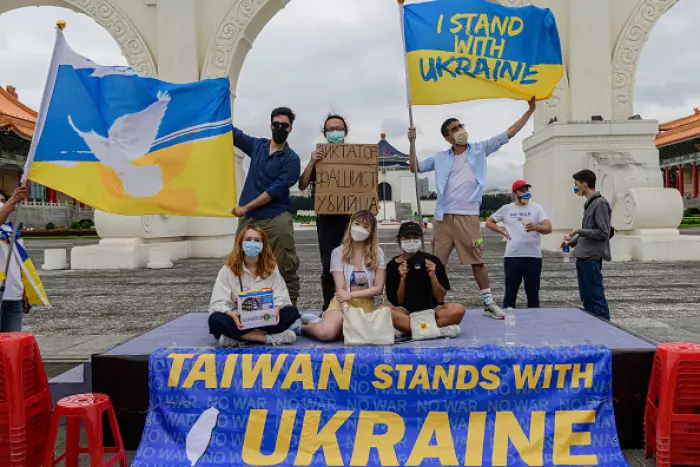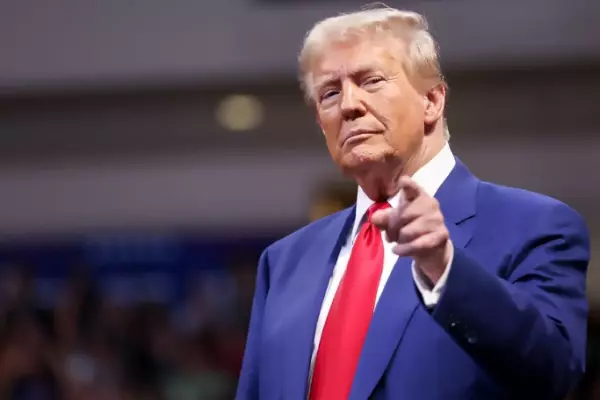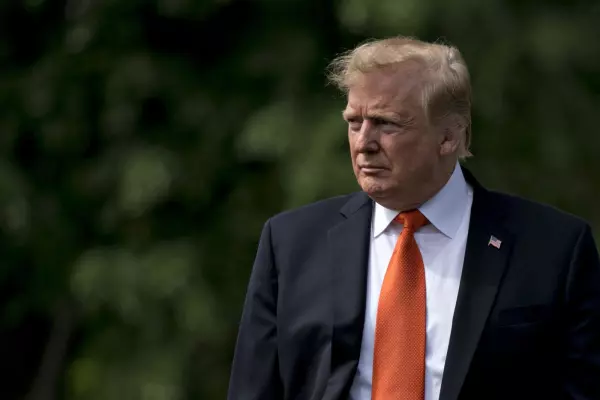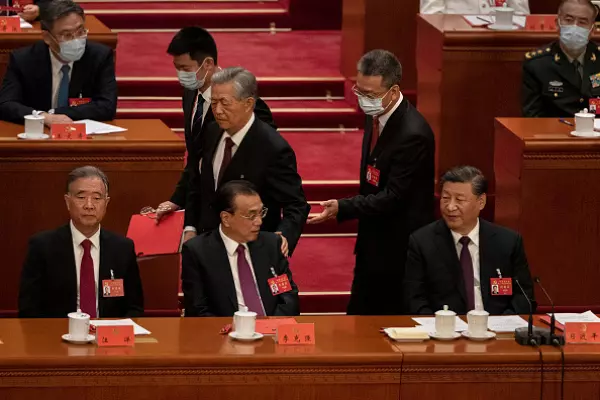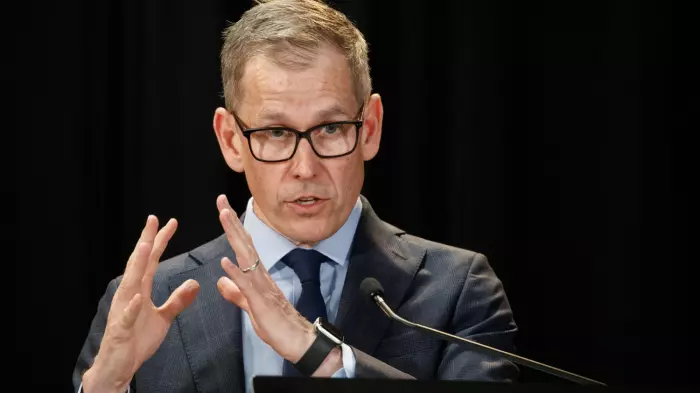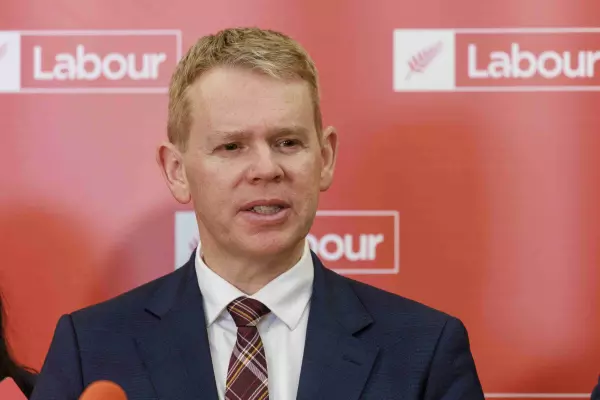There are times when I have been very proud to be a New Zealander.
A recent example has been New Zealand’s staunch support for the people of Ukraine and how NZ adopted a new policy which allowed sanctions to be imposed on Russians and Belarusians without a UN resolution.
Our policy positions have not been easy for some in the Labour government, but they have been the right thing to do.
Unfortunately, there are times when I feel great shame. Today is one of these.
I have just read a media statement from the representative offices of Japan, the US, Australia, the UK and Canada, based in Taipei, reaffirming support for Taiwan’s meaningful participation in the work of the World Health Organisation and Taiwan’s participation as an observer at the World Health Assembly (WHA).
NZ’s mystifying absence
Absent from this list is the NZ Commerce and Industry Office in Taipei. The absence of NZ from this list is particularly mystifying as NZ’s position is to support Taiwan’s meaningful participation in the work of the WHO and observership at the WHA.
I am sure this position will be reaffirmed over the next few days by the prime minister, foreign minister Mahuta and health minister Andrew Little, should anyone ask them.
So, why can we not say this on the ground in Taipei and stand alongside other countries which share our views?
What are Taiwan’s government and people thinking about NZ right now? We trumpet the fact that NZ has an independent foreign policy.
This allows us to take decisions that suit NZ interests and which reflect NZ values.
Is it not in our interests to have one of our major goods export markets, an important tourism market and a full democracy, which respects the rule of law, and has an independent media, as a part of the WHO at a time when we are still trying to cope with a global pandemic?
I think it is.
And I think we should be prepared to say so in NZ, at meetings of the WHA and in Taipei, where that support would be hugely appreciated by the people of Taiwan.
Some background
In the early 2000s, SARS broke out in China and threatened to spread around the world.
The WHO played a major role in checking the spread of the virus and it was ultimately contained before it was able to spread to all corners of the globe.
But SARS highlighted an important vulnerability in global defences against this and future diseases.
Because the WHO is a UN specialised agency, Taiwan was not allowed to be a member.
Therefore the 23.5 million people who live in Taiwan and those who visit, trade with, and host tourists and students from Taiwan were not provided with the same support that WHO members enjoyed.
Clearly this was an unintended consequence of decisions taken many years before and needed to be rectified.
NZ and a number of others took up Taiwan’s cause and eventually even China agreed that this situation was stupid and within a few years a workaround was found whereby Taiwan was allowed to observe meetings of the World Health Assembly.
This all worked well until Taiwan elected a president from the more independence-friendly Democratic People’s Party.
Pressure from Beijing
As part of the pressure put on the DPP government, China tried to restrict Taiwan’s international space and Taiwan’s WHA observership became a victim of this policy.
Along came covid-19, and the case for Taiwanese participation in the WHA has once more become compelling.
In managing covid, Taiwan and NZ have worked closely and both health systems have used the other as an exemplar of how to respond to a pandemic. I am particularly surprised that NZ has chosen to stand aside from the statement issued in Taipei at a time when Nanaia Mahuta is foreign minister.
Under her leadership of NZ foreign policy, there have been obvious changes. Our policy is very much values-based and focused on the interests of indigenous peoples.
Taiwan has an indigenous population of around 800,000 people, depending on how it is measured.
This population shares the same DNA as Māori and as a result faces many of the same health challenges faced by Māori.
The minister knows this well. She has visited Taiwan and there are very strong and growing links between various Māori businesses, iwi and individuals and Taiwan’s indigenous tribes.
Her close relative, King Tūheitia, has travelled to Taiwan several times for treatment within Taiwan’s excellent health system.
The 800,000 indigenous people of Taiwan are also disadvantaged by Taiwan’s exclusion from the WHO.
Standing up to bullies
I am very sure NZ Commerce and Industry Office (NZCIO) support for the latest statement would have been appreciated greatly by Taiwan’s indigenous people, in particular.
NZCIO and indigenous tribal leaders have close and growing ties. So why did NZCIO not support this statement?
Hopefully media and the opposition will be asking this question.
I look forward to seeing how they express this, but the real reason is a constant concern about minimising public utterances on Taiwan policy because of a concern that China might react negatively.
China’s president Xi Jinping is just as threatened by Taiwan’s democratic system and free press as Vladimir Putin is by Ukraine’s democracy and free media.
There is only one way to deal with bullies.
Show solidarity with the like-minded and stand up to them.
The Australian, US, Japanese, British and Canadian offices in Taipei did the right thing and stood up for Taiwan in the face of Chinese bullying.
New Zealand did not.
I am ashamed by this.
Charles Finny is the chair of the NZ-Taiwan Business Council and was a lead negotiator for NZ’s free trade agreements with both China and Taiwan.


